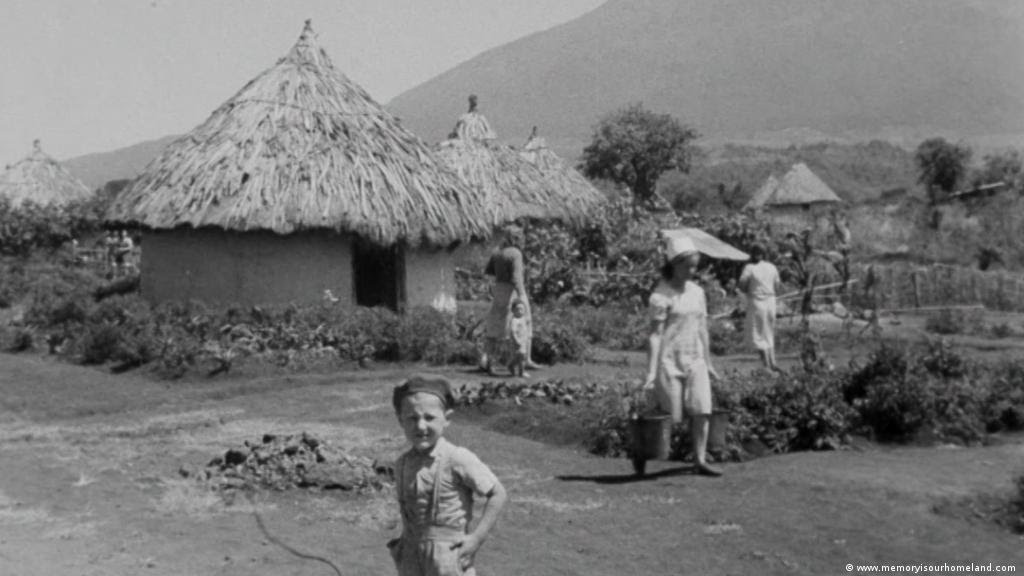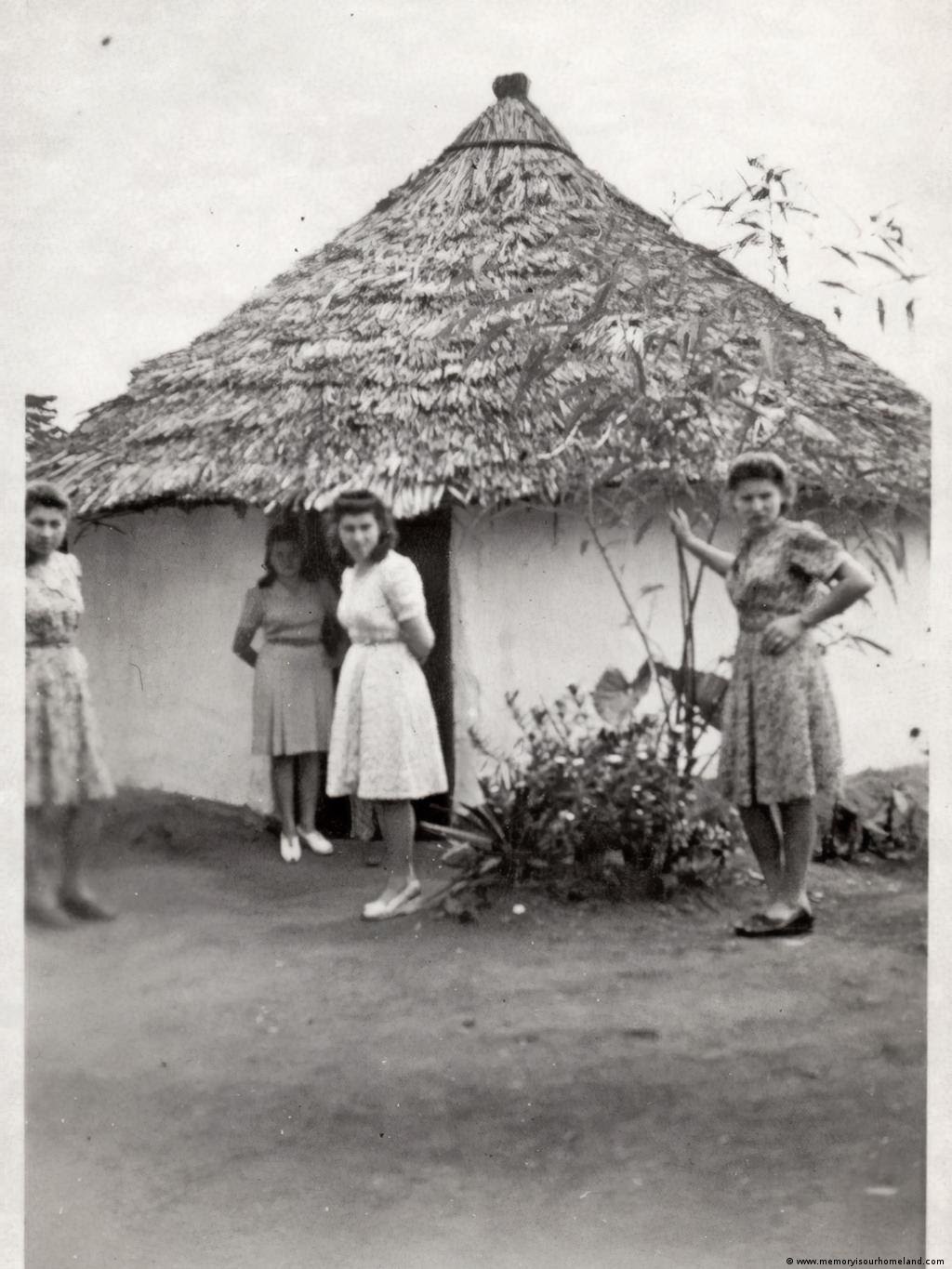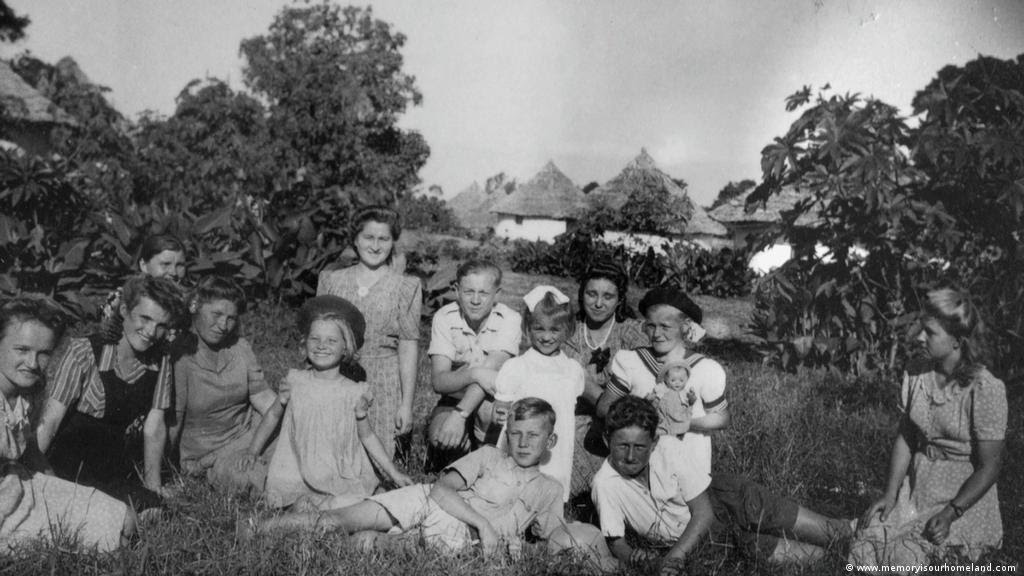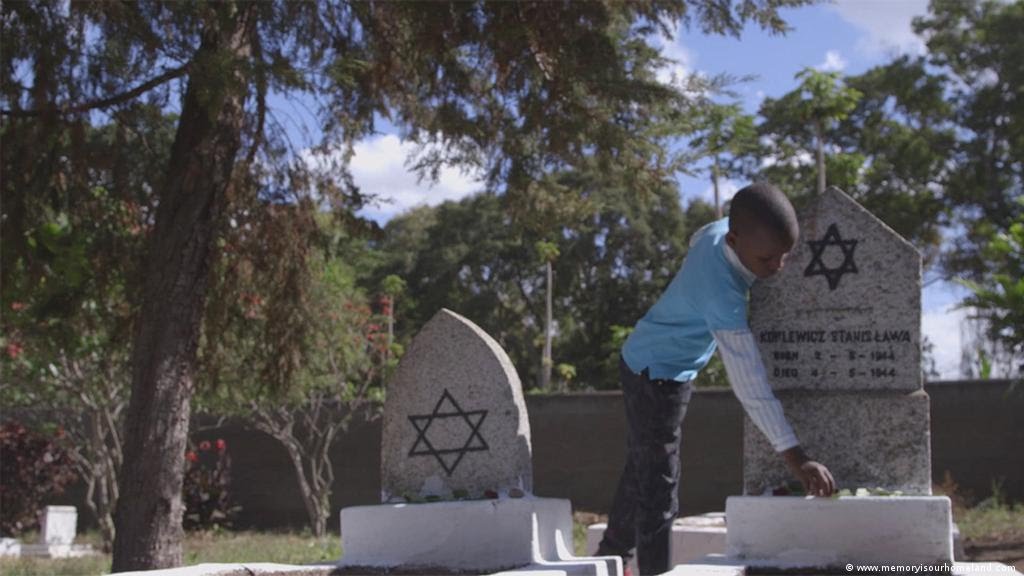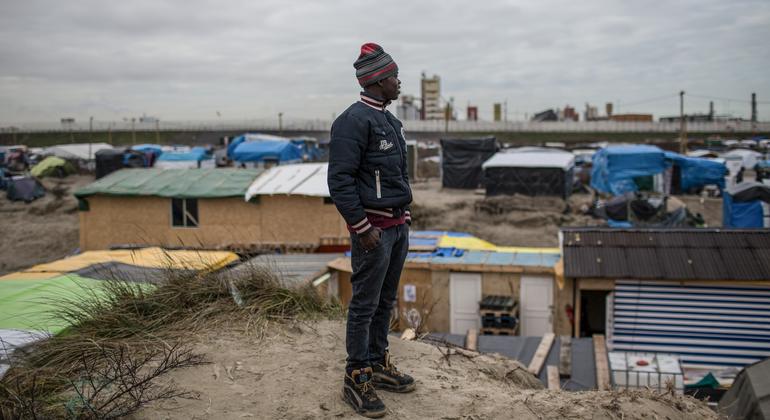Ngongo
JF-Expert Member
- Sep 20, 2008
- 18,918
- 31,160
Heshima sana wanajamvi,
Rwanda imeingia mkataba wa kuwachukua wakimbizi waliokimbilia UK kutafuta fursa mbali mbali za kiuchumi na wengine wakikimbia vita vya wenyewe kwa wenyewe.
Rwanda ni nchi ndogo sana kwa maana ya eneo huku ikiwa na idadi kubwa sana ya watu.Rwanda ni nchi ya tano kwa msongamano wa watu duniani.
Hifadhi ya Nyerere National Park yenye ukubwa 30,000 sq ni kubwa kuliko nchi ya Rwanda yenye eneo la ukubwa 26,338 sq na idadi ya wa 12.7 million.
Utashangaa nchi ndogo tena yenye msongamano mkubwa na resource chache eti inakubali kupokea wakimbizi kutoka UK?
Raia wa Rwanda hawana sehemu ya kupumua ndio maana kila siku wanaanzisha vita na Congo DRC wakitaka kuimega hasa Kivu ya Kaskazini hapo hapo wanajitia kiherehere cha kuchukua watu waliofurushwa huko UK.
Ukijaribu kufikiri kidogo utabaini Rwanda inataka kutumia fursa zilizopo Jumuiya ya Afrika Mashariki ya (free movement of people) katika EAC kuhamishia matatizo katika nchi wanachama.Ni bahati mbaya sana secretary ya EAC ipo kimya kuhusu suala hili.
Rwanda lazima izuiwe isijifanyie mambo ya kipuuzi ambayo yanweza kuleta matatizo makubwa siku za baadae. Ikiwezekana Rwanda ifurushwe mara moja kwakuwa imekuwa nchi inayoleta matatizo ikiwemo kuvamia nchi ya Congo na kuhifadhi waasi.
Rwanda imeingia mkataba wa kuwachukua wakimbizi waliokimbilia UK kutafuta fursa mbali mbali za kiuchumi na wengine wakikimbia vita vya wenyewe kwa wenyewe.
Rwanda ni nchi ndogo sana kwa maana ya eneo huku ikiwa na idadi kubwa sana ya watu.Rwanda ni nchi ya tano kwa msongamano wa watu duniani.
Hifadhi ya Nyerere National Park yenye ukubwa 30,000 sq ni kubwa kuliko nchi ya Rwanda yenye eneo la ukubwa 26,338 sq na idadi ya wa 12.7 million.
Utashangaa nchi ndogo tena yenye msongamano mkubwa na resource chache eti inakubali kupokea wakimbizi kutoka UK?
Raia wa Rwanda hawana sehemu ya kupumua ndio maana kila siku wanaanzisha vita na Congo DRC wakitaka kuimega hasa Kivu ya Kaskazini hapo hapo wanajitia kiherehere cha kuchukua watu waliofurushwa huko UK.
Ukijaribu kufikiri kidogo utabaini Rwanda inataka kutumia fursa zilizopo Jumuiya ya Afrika Mashariki ya (free movement of people) katika EAC kuhamishia matatizo katika nchi wanachama.Ni bahati mbaya sana secretary ya EAC ipo kimya kuhusu suala hili.
Rwanda lazima izuiwe isijifanyie mambo ya kipuuzi ambayo yanweza kuleta matatizo makubwa siku za baadae. Ikiwezekana Rwanda ifurushwe mara moja kwakuwa imekuwa nchi inayoleta matatizo ikiwemo kuvamia nchi ya Congo na kuhifadhi waasi.
